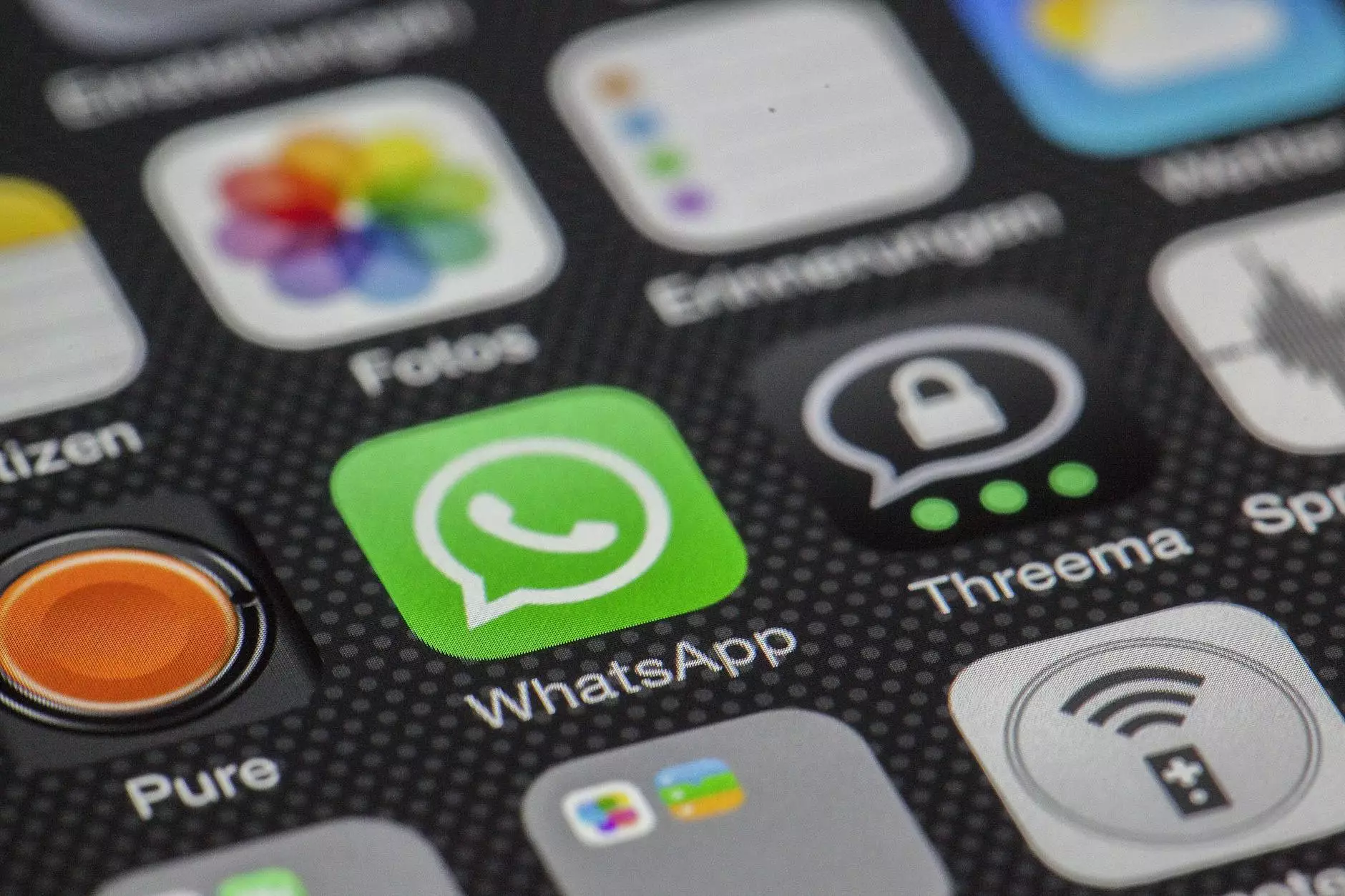How Long Does It Take to Build an App by Yourself? A Comprehensive Guide

In today's digital landscape, the mobile app market continues to expand at a staggering rate. With millions of apps available on various platforms, the competition is fierce. If you've had an innovative idea you want to bring to life, you might be wondering: How long does it take to build an app by yourself? This comprehensive article will delve into the app development process, factors affecting the timeline, and share practical tips that can help you streamline your project.
Understanding the App Development Process
To accurately estimate the time required to build an app, it’s crucial to understand the stages involved in the app development process. Here are the primary phases:
- Research and Planning: This initial stage involves defining your app's purpose, conducting market research, and planning its features.
- Design: During this phase, you will create wireframes and prototypes, focusing on user interface (UI) and user experience (UX) aspects.
- Development: The actual coding happens in this phase, where developers turn designs into a functional app.
- Testing: Rigorous testing is conducted to identify and fix bugs, ensuring that the app functions smoothly across devices.
- Deployment: Once testing is complete, the app is launched on an app store or can be distributed directly to users.
- Maintenance: Post-launch, you must maintain, update, and improve your app based on user feedback and performance metrics.
Factors Affecting App Development Time
The timeline for creating an app can vary greatly depending on several factors:
1. App Complexity
Apps can vary dramatically in complexity. Here are a few points to consider:
- Simple Apps: Basic functionality, typically including limited features (e.g., a calculator or a simple to-do list).
- Medium Complexity Apps: Includes features like APIs, user authentication, and integration with other services (e.g., social media apps).
- Complex Apps: Highly interactive, possibly with backend servers, AI components, and extensive features (e.g., e-commerce platforms).
2. Expertise and Skill Level
Your experience level plays a critical role in how long it takes to build an app. If you are a beginner, expect to spend more time learning and troubleshooting than if you're an experienced developer.
3. Tools and Technologies Used
The development tools you choose can also impact the timeline. Different programming languages and frameworks have different learning curves and complexities:
- Native Development: Creating separate apps for iOS and Android can take longer than cross-platform development.
- Cross-Platform Development: Tools like Flutter and React Native can reduce development time since they allow writing one codebase for multiple platforms.
4. Availability of Resources
Having the right resources, including a development environment, tools, and libraries, can significantly affect your app development timeline. If you are working alone, ensure you have access to all necessary tools before starting.
Estimating Development Time
While specific timelines can vary, here are some general estimates based on app complexity:
- Simple App: 2 to 4 weeks.
- Medium Complexity App: 1 to 3 months.
- Complex App: 3 to 6 months or even longer.
Strategies to Reduce Development Time
If you're looking to streamline the process and reduce the time it takes to build an app by yourself, consider the following strategies:
1. Define Clear Objectives
Clearly outline what your app will achieve. A well-defined purpose helps streamline the decision-making process during development.
2. Use Pre-built Components and Libraries
Instead of building everything from scratch, leverage existing libraries. This approach saves time and ensures you utilize tried-and-true solutions.
3. Build a Minimum Viable Product (MVP)
Focus on the core functionality to release a basic version of your app quickly. You can always add extra features post-launch based on user feedback.
4. Test Early and Often
Integrate testing into your workflow. Early and continuous testing unearths bugs or usability issues faster, preventing costly changes later on.
5. Seek Feedback Regularly
Gather insights from potential users during development to make necessary adjustments early on. This approach can enhance user satisfaction upon launch.
Conclusion: Your App Development Journey
Building an app by yourself is an ambitious yet rewarding endeavor. By understanding the app development process, considering the factors that influence development time, and employing strategies to optimize your workflow, you can effectively manage the timeline of your project. Whether you’re creating a simple app or a complex platform, knowing how long it takes to build an app by yourself can help you set realistic expectations and aid in planning your next steps.
At Nandbox, we recognize the passion and dedication it takes to develop an app. With the right resources, support, and knowledge, your app idea can transition from a mere concept to a fully functioning application that can make an impact in the marketplace.









